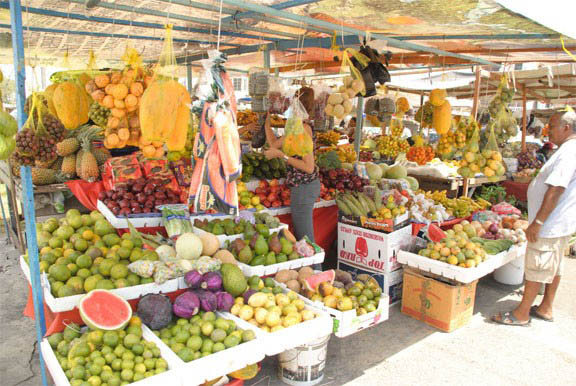As Guyana contemplates the broader developmental gains to be derived from the country’s anticipated significant returns from its emerging oil and gas sector, how much sense does it make to heed the warning that an anticipated fossil fuel bonanza should not tempt us to turn our backs on an agricultural sector that has helped to sustain the country’s economy over many decades.
The answer goes beyond simply recognizing the importance of us continuing to feed ourselves. It is, as well, a matter of taking advantage of both existing and emerging opportunities to cash in on growing markets for farm produce, not least, fresh fruit in expanded metropolitan markets where considerations of changing taste and health consciousness are continually positioning tropical fruit to become a major money-earner for countries like Guyana in the future.
Studies undertaken in North America and Europe suggest that consumer preferences are adjusting as those societies become more diverse and that those diverse communities are increasingly in pursuit of ‘home foods,’ particularly tropical fruits. The trend is reflecting itself in the aisles of supermarkets in North America in communities highly populated by immigrants, not least West Indians where tropical fruits and their agro-processed by-products fill their shelves, menus offering opportunities for farmers ‘back home’ through the supply chain.

